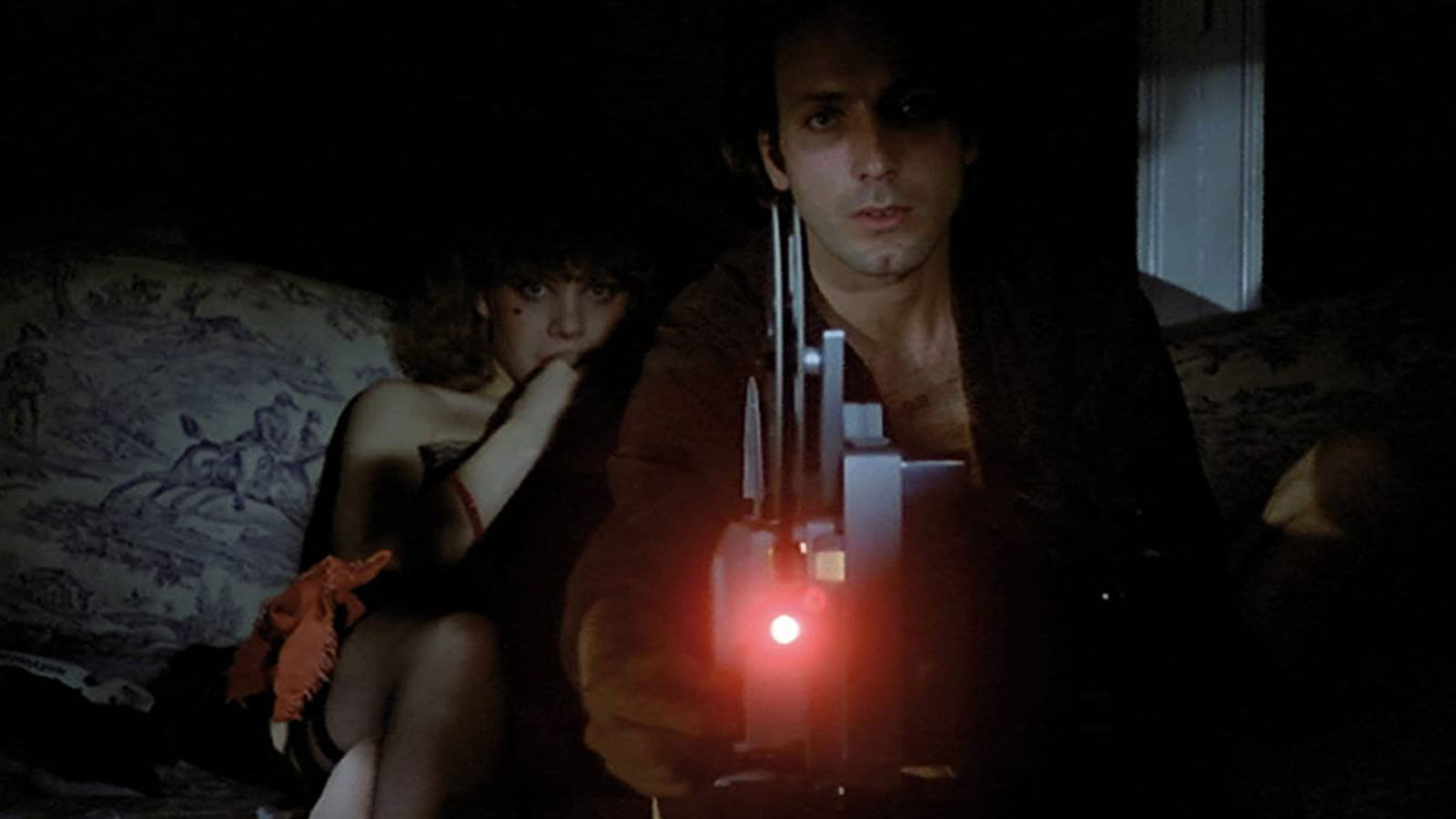
Produced during the cultural thaw that immediately followed the end of the Franco dictatorship, Basque writer/director and designer Iván Zulueta’s 1979 feature Arrebato (Rapture) erupts like a massive discharge of so much repressed anxiety and desire. Self-reflexive and riddled with sleazy decadence, the film’s sundry psychotronic elements and loving embrace of low-budget aesthetics essentially guaranteed its cult status, yet the weird intelligence animating its gauzy narrative pushes Arrebato far beyond the limits of camp, inviting close readings that grow in complexity with the passage of history and technological advance. As with Videodrome, a film with which it shares some thematic overlap, Arrebato’s enduring resonance is only aided by its being set in a very specific time and place—and with very specific gear.
Having hastily wrapped edits on a negligible vampire flick, unhappy horror director José (Eusebio Poncela) returns to his Madrid apartment to find his dope-addled girlfriend and occasional actor Ana (Cecilia Roth, whose poodle mane and ruby pucker evoke Nancy Allen) passed out in his bed and a mysterious package waiting for him. The package, which contains a reel of film, an audiocassette, and a key, was sent by one Pedro (Will More), a sickly, childlike eccentric who recently moved to the city from his isolated bucolic home. Pedro is what succeeding decades might have recognized as an outsider artist: enthralled with his interval timer, Pedro compulsively burns through miles of Super 8, creating time-lapse chronicles of countless banalities—until he becomes convinced that his camera has started filming of its own volition, monitoring Pedro while he sleeps and draining his lifeforce in the process. Much of Arrebato alternates between flashbacks to José’s previous acquaintance with Pedro and José’s present-tense engagement with Pedro’s package. José and Ana get loaded on heroin before immersing themselves in Pedro’s images and croaky, whispered narration, their deep state of intoxication only intensifying the eerie nature of the material and making José that much more vulnerable to Pedro’s supernatural claims about sentient machinery and its influence on the rhythm and tenor of our perception.
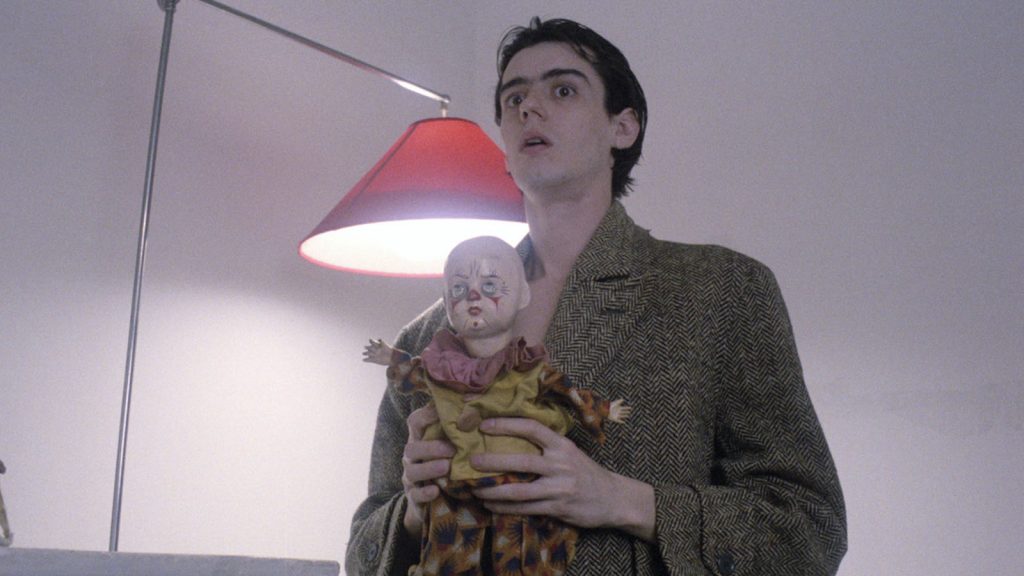
While a majority of Arrebato’s premise is concerned with the special, spectral conditions of cinema, the film’s epistolary framing device, its suggestion of doppelgängers, and its slippage between material reality and paranoid imaginings are firmly rooted in the tales of Edgar Allan Poe. Again, Zulueta’s affection for and attention to ephemera, such as TV spots for anti-dandruff shampoo or movie tie-in trading cards, have the net effect of enhancing his story’s timelessness, revealing, in classic genre fashion, how a perhaps ancient evil goes about its business by simply using whatever devices are at hand. I would not want to give the impression, however, that Zulueta clarifies anything with regard to what’s intended as diegetic reality and what’s intended as hallucination, what’s a metaphor for technologically mediated psychosis or metamorphosis and what’s a metaphor for the ambient trauma of growing up in a culturally cloistered dictatorship. It’s all up for grabs, and the lingering mystery helps keep Arrebato from dissolving into diverting hokum.
Aside from its visual allure—Altered Innocence’s 4K restoration beautifully conveys the film’s saturated blues, pinks, and violets—Arrebato also benefits from an exceedingly classy cast inhabiting exceedingly seedy roles. Pedro Almodóvar has claimed Arrebato as his favorite horror film and his ardor is evident in the fact that he cast five of its actors in multiple films, Poncela most memorably in Law of Desire, Roth most famously in All About My Mother. Almodóvar hired Zulueta himself to design numerous posters and other promotional materials for his early films, enhancing the legacy of this oddball artist with an otherwise scattershot body of work. Arrebato was the last of only two features Zulueta directed, the rest of his filmography consisting of shorts and episodic television. It might not seem entirely unreasonable to wonder whether he simply decided, after making Arrebato, to give cameras in general a wide berth. Zulueta died in his hometown of San Sebastián in 2009, 30 years after Arrebato’s release. 🩸
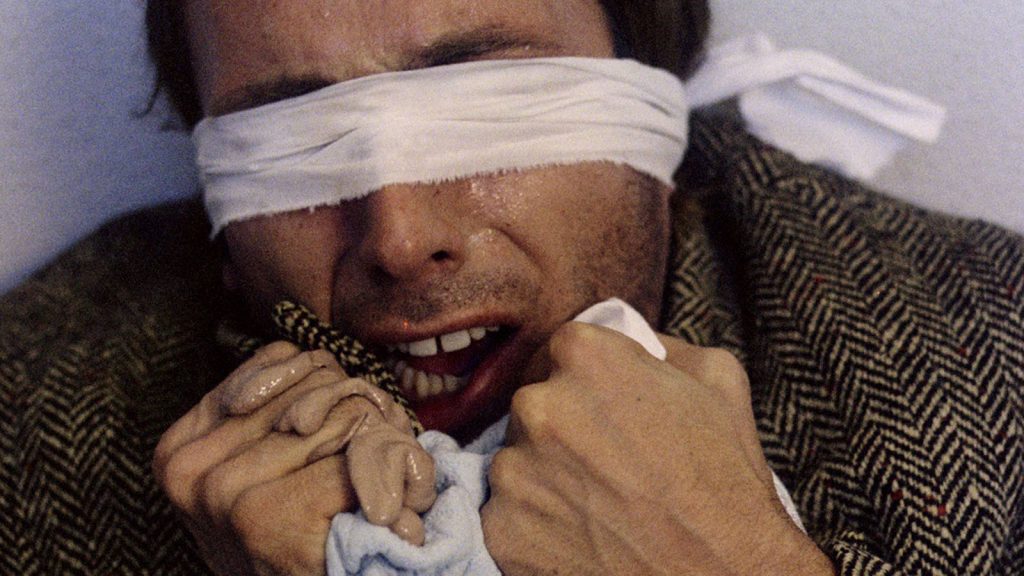
is a freelance critic and playwright.
The directorial debut of veteran character actor Charles Martin Smith, Trick or Treat (1986), tells a story grounded in rites, rituals, and rock.
BY JOSÉ TEODORO | October 31, 2023
The opening image of David Cronenberg’s Crimes of the Future is arresting, enigmatic...
BY JOSÉ TEODORO | June 7, 2022
Brazilian writer-director Iuli Gerbase’s debut feature begins with the whole of humanity being forced indoors by a pervasive vapor as deadly as it is seemingly innocuous. As days, weeks, months pass with no indication of...
BY JOSÉ TEODORO | March 1, 2022
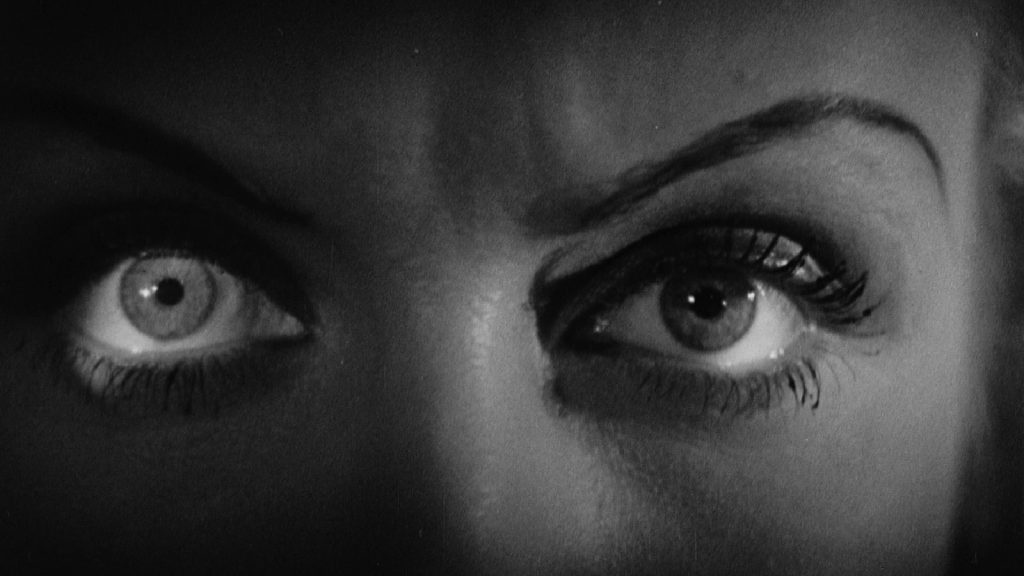
This pre-Code offering packs a lot of story into its typically brisk running time, with several plot threads weaving together a (not always successful) tapestry of spooky and criminal doings.
READ MORE >
BY ANN OLSSON | Month 00, 2021
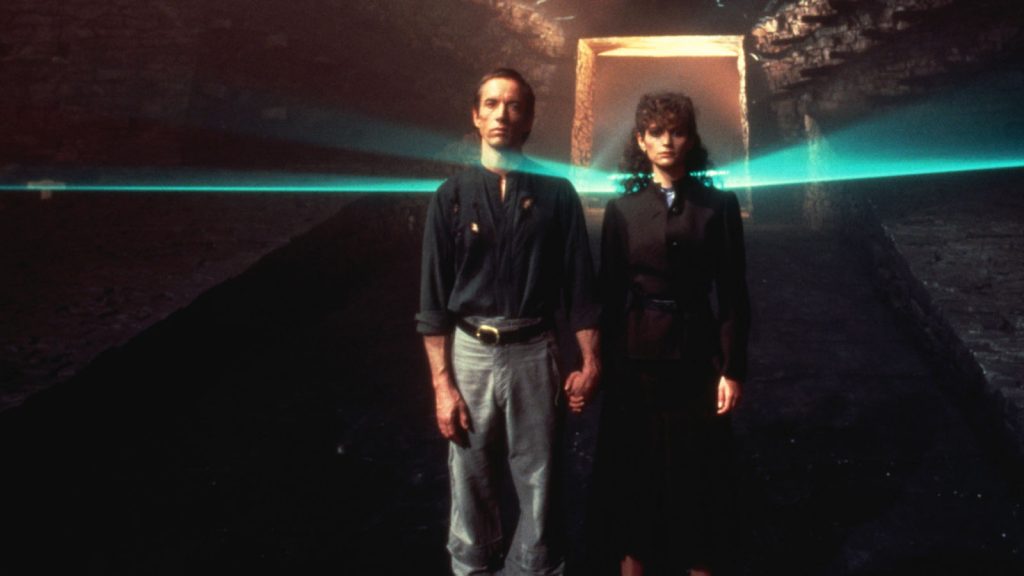
In what could be the fastest-resulting rape revenge movie, a drunken lout brutally forces himself on Ida, the young woman who doesn't return his affections, during a party over Labor Day.
READ MORE >
BY LAURA KERN | Month 00, 2021
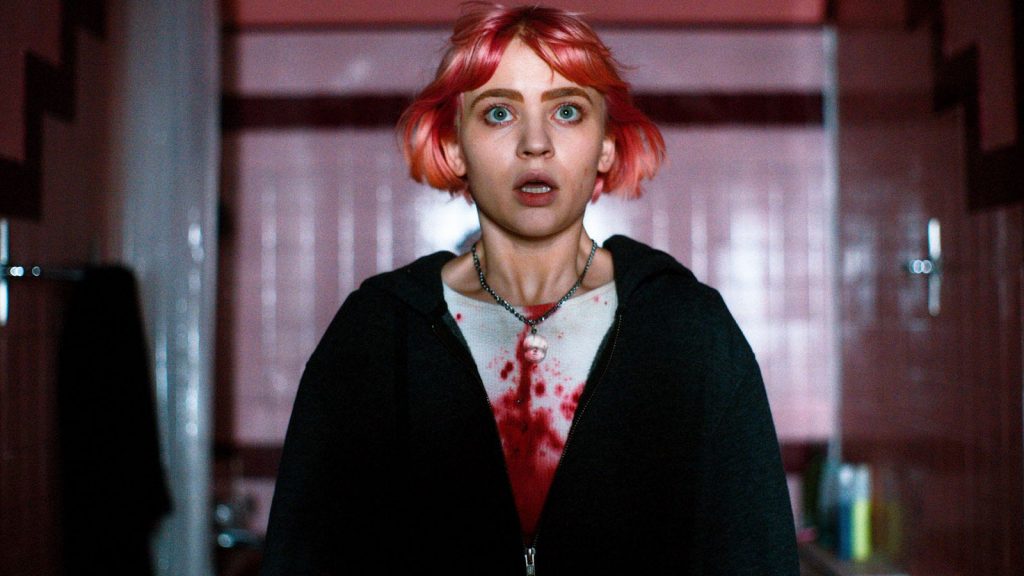
Beast is a lot of movies in one package - fractured fairy tale, belated-coming-of-age story, psychological drama, regional horror film - but above all it's a calling card for its leading lady, Jessie Buckley.
READ MORE >
BY LAURA KERN | Month 00, 2021